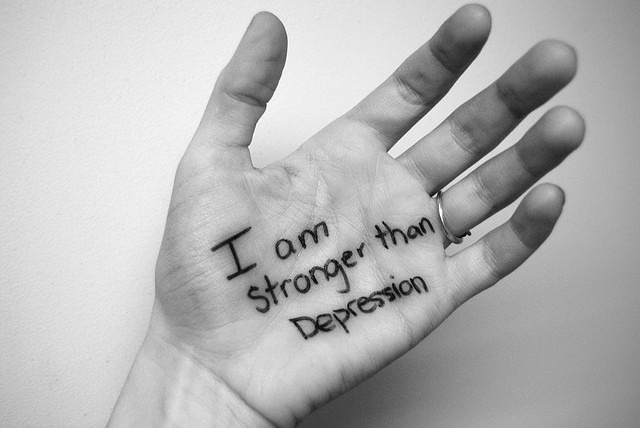
Did you know that over 264 million individuals suffer from depression worldwide? Depression may result from different issues, but it results in suicide and loss of life without proper care. Most people may not know they have a mental health disease until it’s too late. Your healing, however, begins the moment you seek help or treatment. The North Chelmsford depression specialist Ronald P. Winfield, MD, offers professional help to allow you to enjoy and live a productive life. This article provides you with more information to understand depression.
What is a major depressive disorder?
The National Institute of Mental Health shows that more than 11 million adults suffer from depression in the US. Usually, when you have depression, you encounter immense negative emotions, including worthlessness, hopelessness, or sorrow. These feelings make you lose interest in your daily activities, develop low self-esteem and cause difficulties in personal relationships or work.
What causes depression?
Depression occurs after you experience a negative situation. However, the case is different with different people. Depression may occur even when you have not experienced a triggering experience. Some people are vulnerable to developing depression. According to research studies, depression occurs due to chemical or hormonal imbalances and nutrient or vitamin deficiencies.
The following factors may contribute to your depression.
· Chronic severe illness
· Substance abuse
· Family history of depression
· Past experiences of neglect, and sexual abuse, among other forms of trauma
You will also likely encounter depression if you are economically vulnerable, marginalized, or a woman.
How do you tell you to have depression?
Most people do not know they have depression, and it may take someone close to them to discover their disease. The key symptoms of depression include massive negative emotions, such as guilt, hopelessness, worthlessness, or sadness. Other symptoms that may signify depression include:
· Reduced appetite
· Decreased libido
· Difficulty sleeping or oversleeping
· Suicidal thoughts
· Anxiety, agitation, irritability
· Fatigue
· Difficulty concentrating or making decisions
· Self-harming behaviors
In addition to the emotional effects, you are likely to experience physical symptoms such as:
· Headaches
· Digestive problems
· Backaches
What are the treatments for depression?
Depression affects every person differently. Your Greater Lowell Psychiatric Associates provider creates personalized treatment plans to meet your specific needs. Here are among your suggested treatment options:
· Cognitive-behavioral therapy
· Psychotherapy or counseling
· Nutritional and lifestyle modifications
· Family or group therapy
· Antidepressant medications
They also offer Transcranial Magnetic Stimulation(TMS) in severe cases of depression. TMS is a treatment that involves administering magnetic pulses to your skull to stimulate your brain’s neurotransmitters. The neurotransmitters enhance the neuron activity in the brain parts that regulate mood.
After some time, the TMS therapy alters your brain neuron activity. It reduces the feelings related to depression, improving your depression symptoms.
You can prevent severe cases of depression by controlling your stress levels, finding help from friends and family, and seeking medical treatment when you notice the first symptom of depression. Getting a hug or enjoying nature like taking a walk or sunshine can also help.
Do not wait until depression becomes suicidal. Seek help when you can. Call Greater Lowell Psychiatric Associates today to schedule your consultation.

More Stories
The Role of Home Maintenance in Preventing Major Repairs
Designing Your Dream Home: The Role of Interior Remodeling and Deck Builders
Safeguarding Your Business: Essential Tools and Services